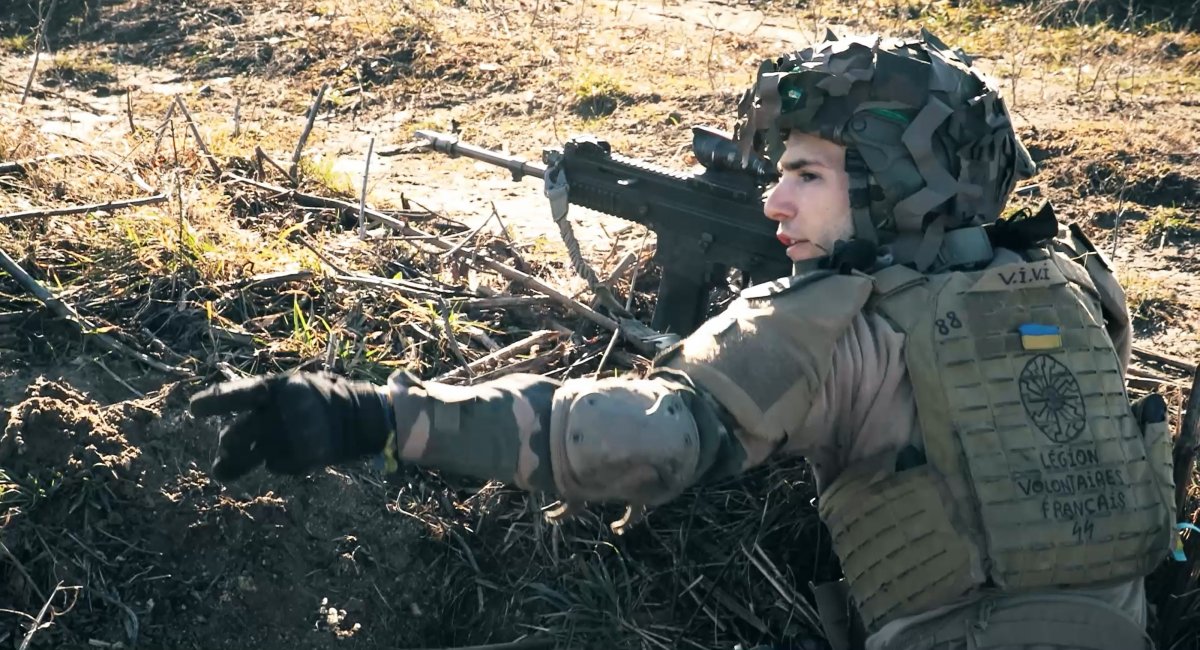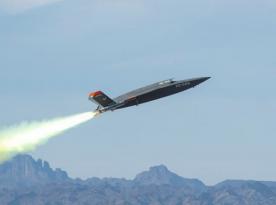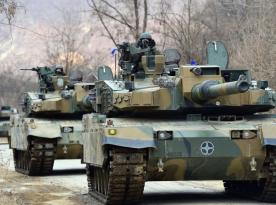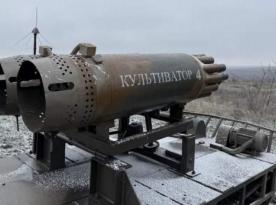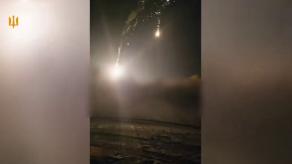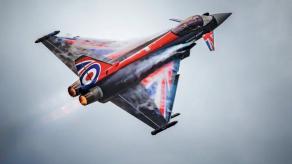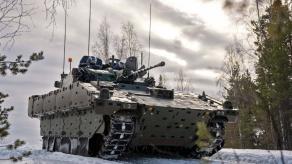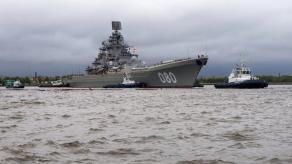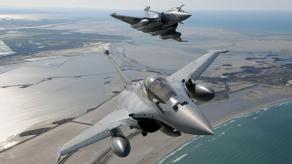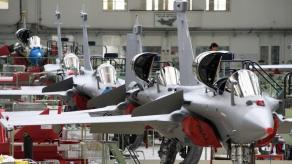His first baptism of fire took place during the lightning counteroffensive in the Kharkiv region in 2022. From that moment, he and his brother remained steadfast within their company, never abandoning them for more than three years. With his brothers-in-arms, he liberated villages in the Donbas, wrestled trenches from the enemy, and helped drive the invaders from stolen ground. His path wound through the Kupiansk and Kherson areas, where the air was thick with artillery and drones.
Read more: "We're on the Right Side of History" — Hades, 1 International Legion for the Defense of Ukraine
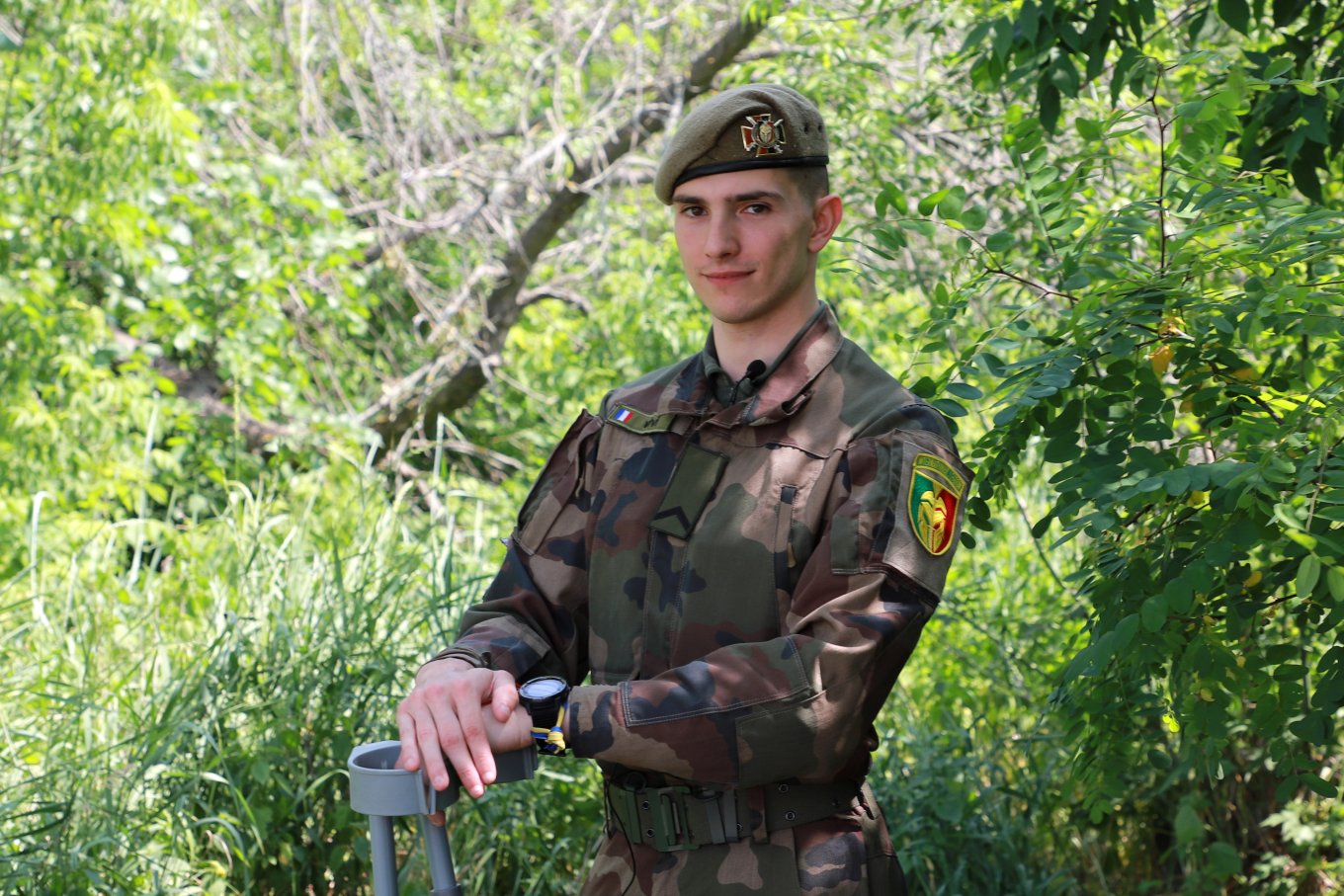
The first reason why Vivi joined the International Legion was to answer President Zelensky’s call in 2022. At the same time, he saw what the russians were doing to the Ukrainian people — atrocities that could just as easily have been inflicted on any other European nation. He could not stand the thought of his own country, France, facing such unprecedented barbarity:
“For me, Ukraine is part of Europe. And while I would not call it a personal calling, I did feel it was my duty — as a European — to defend this people, whom I consider a brotherly nation. I am grateful to still be young, and I hope to serve with all the strength and skill I have until the day of final victory.”
Before joining the Ukrainian Armed Forces, Vivi served in the celebrated Chasseurs Alpins — Alpine Hunters, the French Army’s elite mountain infantry unit. Four years in their ranks eventually shaped him into a team leader in an anti-tank unit. What he once learned in the Alps, he now puts into practice on the steppes:
“What I gained there was the fundamentals of infantry work: how to move, take position, handle weapons, use the terrain, take cover, and communicate in the heat of battle. These seemingly small details can make a difference between life and death.
The French army also taught me to confront my limits: to understand how far I could push myself, both physically and mentally. I learned what it meant to carry a wounded comrade for kilometers and still return to fight.”
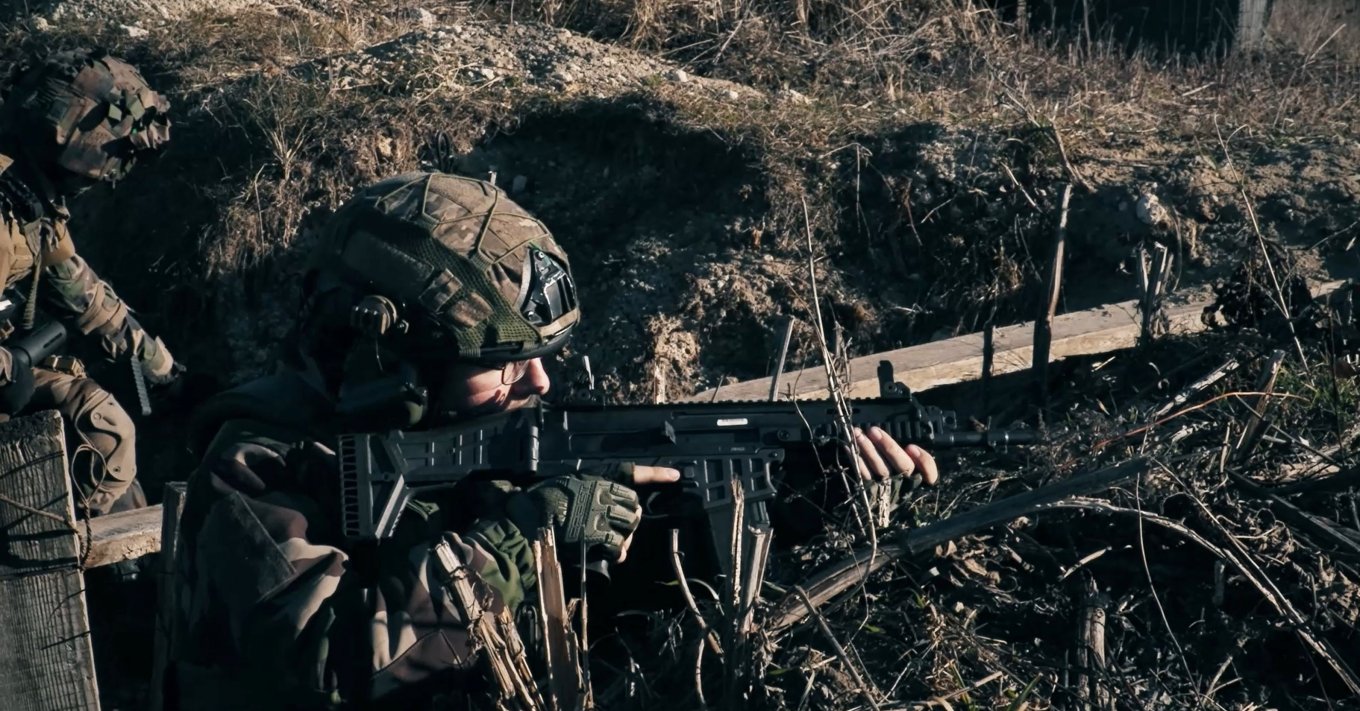
Ukraine, however, became his teacher in another way. Here, Vivi discovered the difference between theory and reality:
“The French army did not prepare us for high-intensity warfare. On this soil, I had to learn through experience. Every year, the war changes. It becomes harder. Drones appear in the sky, new techniques emerge to hunt down infantry, and we must adapt quickly. That is the only way to survive — by learning on the ground.”
In Ukraine, Vivi had the chance to put his anti-tank training to use. What he had once practiced on drills in the French Alps, he finally faced in the raw urgency of battle:
“In the early days of the war in 2022, my brother and I were assigned to the anti-tank team. In the French Army, we used Eryx launchers to deal with armored targets, but we didn’t have them in Ukraine. So we carried on missions what we had: RPGs, some AT-4 launchers, and a bag full of rockets.
With this limited arsenal, we faced russian tanks at distances of barely 600 meters. We fired, held our ground, and did everything we could with the weapons at hand. Luck was on our side more than once — but in those moments, survival depended on making the most of what little we had.”
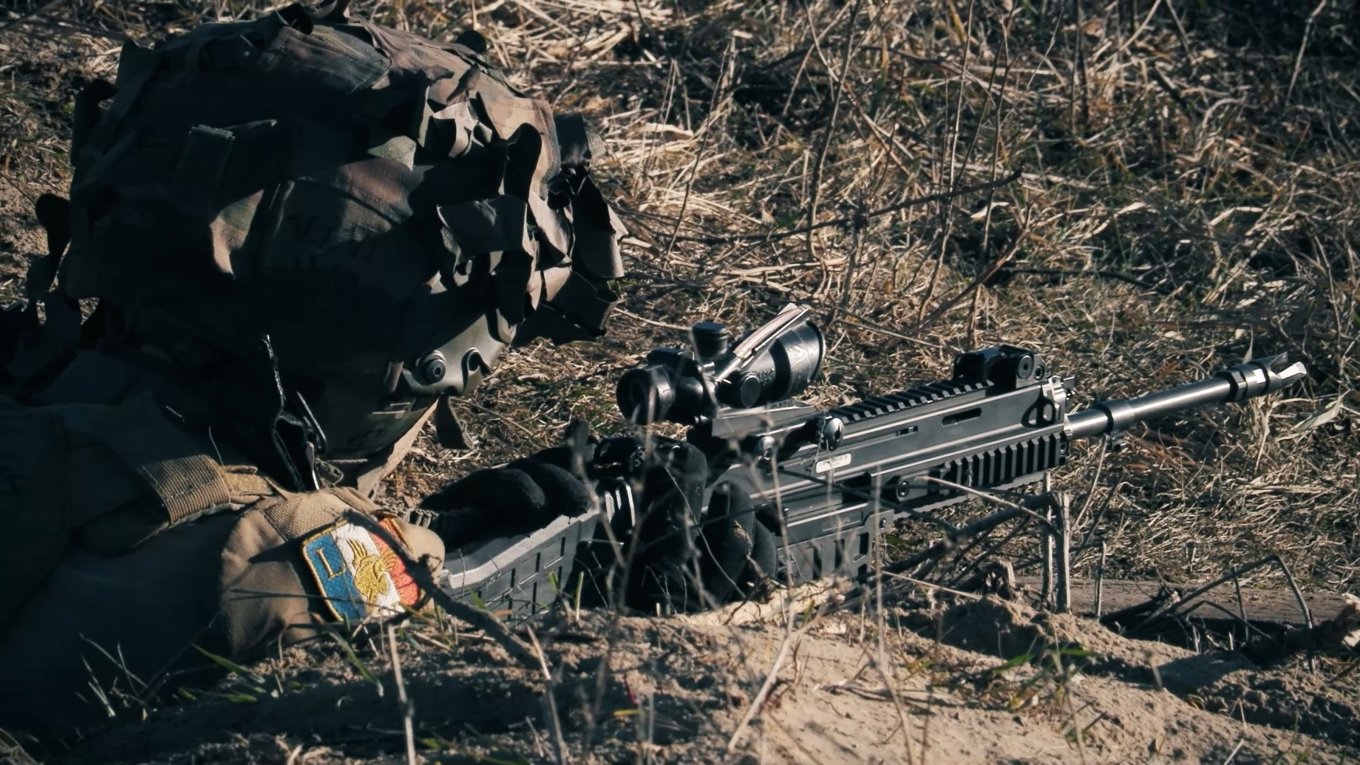
Unfortunately, recovering from wounds has also become part of Vivi’s military journey. Since his arrival in Ukraine, he has already been injured twice:
“The first time was in November 2022. I was hit by a mortar shell that tore off part of my finger. But it’s just a finger, so it was manageable. The second time came this year. The war has changed a lot — drones now dominate the battlefield. So a russian drone was waiting for us near an evacuation point. Barely five seconds after stepping onto the field, it struck.
I was hit, but luckily, we were evacuated quickly. One thing I admire about the Ukrainian army is how fast they care for the wounded — much faster than the russians do. Hats off to the Ukrainians who risk their own lives to save ours.”
For Vivi, recovery is not just a time to rest — it is an essential part of his ongoing formation as a soldier. The times he spent at a hospital only reinforced the determination he needs to keep serving on the front lines:
“When you’re in the hospital, you don’t wallow in self-pity. You think, “Damn, I’m hurt”. But then you look around the room and see others in far worse condition — men missing legs, arms, feet. It might be demoralizing, but it also forces you not to retreat into yourself. You realize you’re luckier than many, and that gives you the will to keep going.
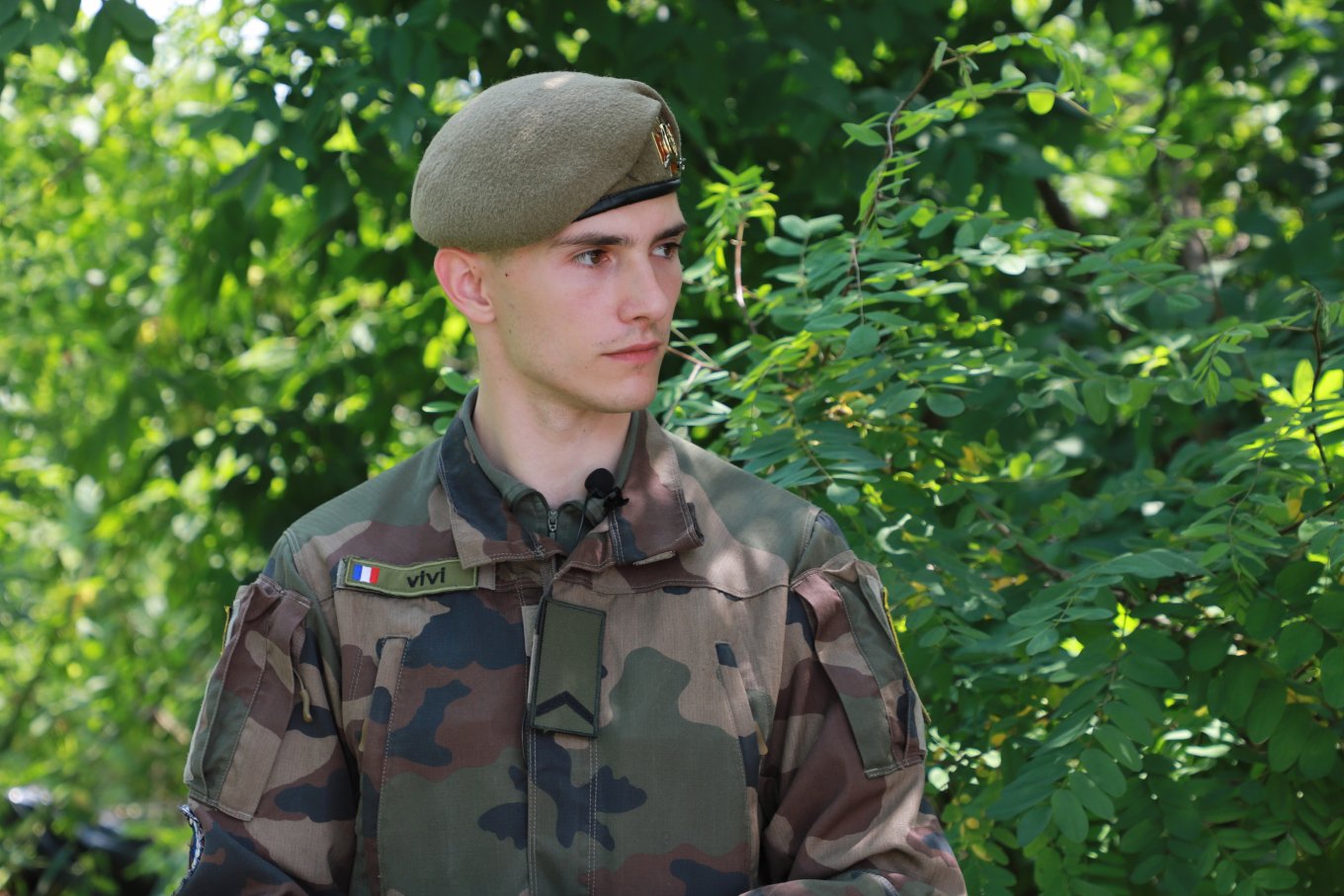
I remember one comrade who lost both his feet to a drone strike. Yet he still manages to keep his spirits high. If he can do that, then what excuse do we have? Even wounded, we must continue. And so we carry on.”
Vivi confesses that it is the Ukrainian people who give him the strength to stay and continue fighting. For him, it is not just a duty — it is a commitment to the people whose lives and homeland he has come to defend:
“That is what we signed up for — to stand for the Ukrainian people. I’ve never seen such beautiful and generous people, who welcomed me so warmly. I want to be lucky to live among them and to raise my children here as well.”
With Ukraine, Vivi connects not only his present but also his future. The country has become the foundation upon which he envisions his life and shapes his plans — personally and professionally:
“I hope to obtain Ukrainian citizenship, build a small cottage, and live in the Carpathian Mountains. I dream of balancing both lives — a peaceful life in the mountains and my service in the army.”
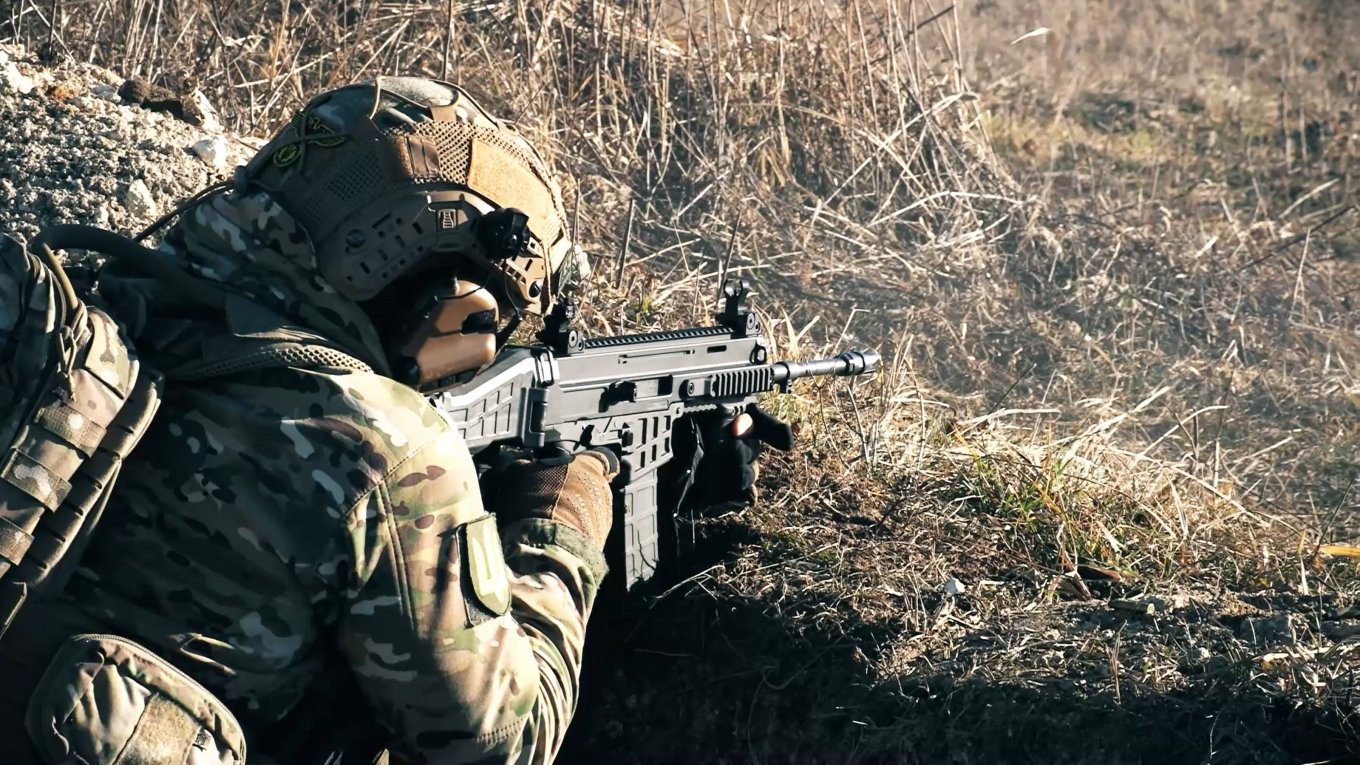
Just as Ukraine, for Vivi, is defined by its people, the International Legion is defined by the bonds he shares with his fellow fighters. For him, it’s not just a military unit — it’s a brotherhood forged in the heat of combat:
“The Legion is an adventure — a hard, but beautiful adventure. But more than that. It’s a family where you meet incredible people, true comrades. It’s here that you discover who you can really count on: brothers-in-arms who stay with you even in the worst situations. Whether we’re in the trenches, in armored vehicles, in combat holes, under the snow at minus twenty degrees, or knee-deep in mud — you see who stands by your side.”
Courage alone isn’t enough. A good legionnaire is made through preparation – thorough training that builds the skills and resilience needed to survive on the front lines:
“If you want to join the International Legion, be absolutely certain of your decision. Understand the risks, and prepare yourself both physically and mentally. Above all, build your endurance — I strongly recommend focusing on cardio.
Mental preparation is just as crucial: familiarize yourself with procedures, the realities of war, and, if you have a family, be ready for the weight of separation. You must be able to detach yourself and accept the possibility of making the ultimate sacrifice for the cause. One final piece of advice: come with your own equipment — it will make the path a little easier. ”
Vivi is a warrior by nature, and nothing outweighs his vocation. His calling — to be a soldier and to belong within the ranks — is the driving force behind his unwavering dedication:
“The Legion is infantry — light infantry in its purest form. It is a demanding craft, but for me it’s a great job, and one I’m proud of. After we achieve final victory, I hope to keep serving in this unit. And if it won’t be impossible, then I’ll join another unit of the Ukrainian army.”
Learn more about the International Legions for the Defense of Ukraine and find out how to join here.
Text: Dmytro Tolkachov
Photos & Video: Volodymyr Patola
Video Editing: Oleksandr Los
Read more: Experience of Ukraine's International Legions: russians Mine Everything in Occupied Territory Even Bodies of Their Own Dead




